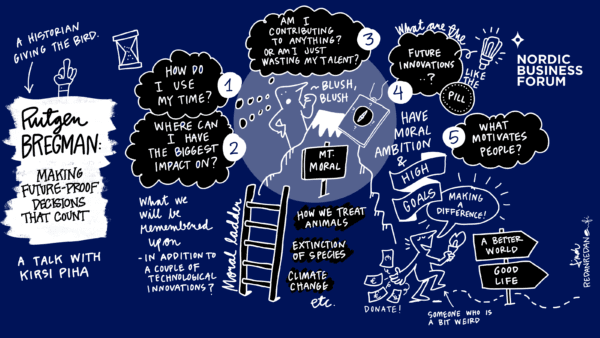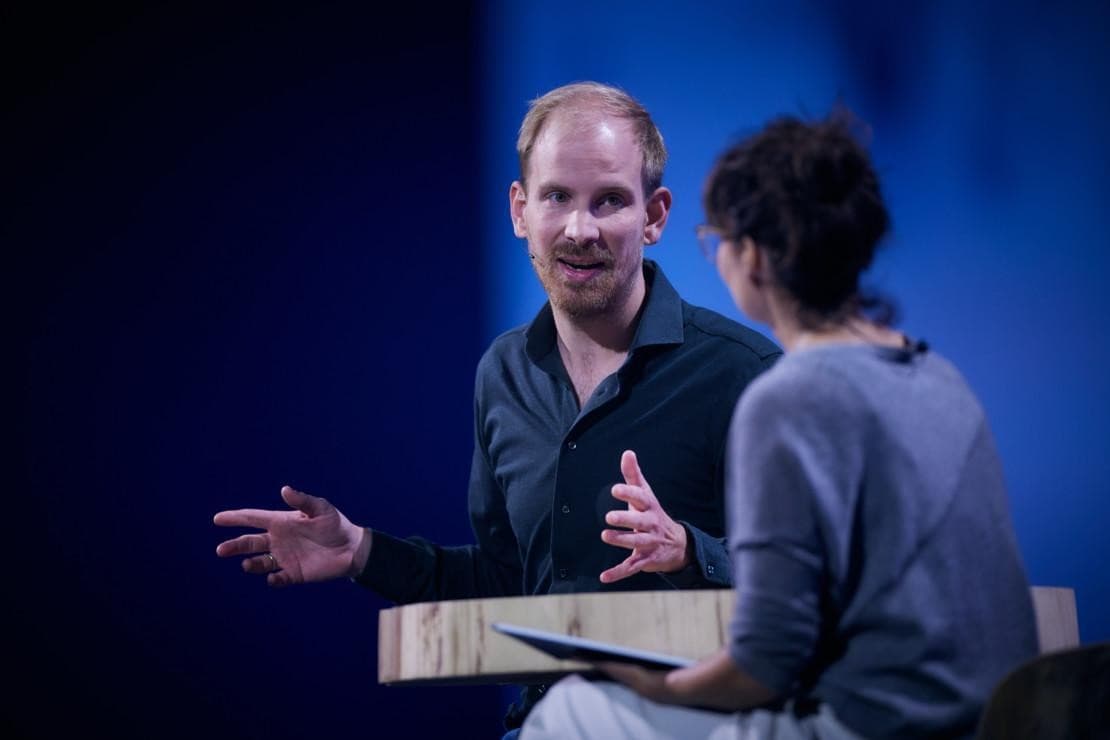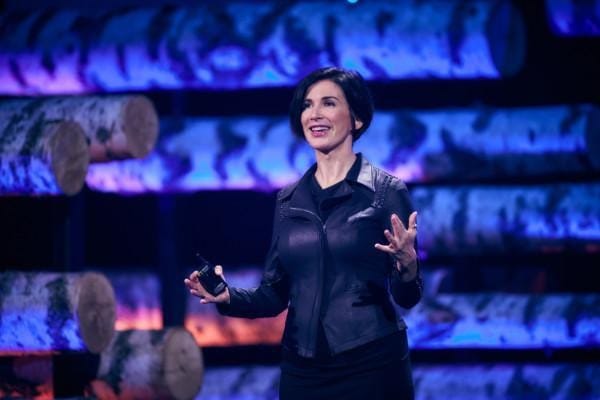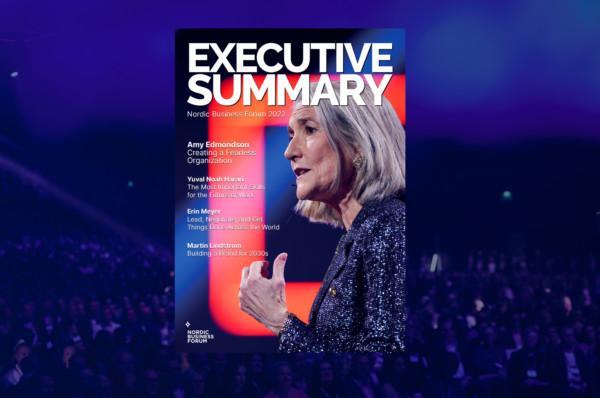12Oct2022
At age 34, Dutch historian and author Rutger Bregman is also already widely known for his books on history, philosophy, and economics, such as Utopia for Realists: How We Can Build the Ideal World. His articles have also been published by The Washington Post, The Guardian, and BBC. TED Talks calls him “one of Europe’s most prominent young thinkers.”
But when Bregman took the stage for a conversation with Finnish consultant and politician Kirsi Piha, she reminded young Bregman that he is also known for making the elites at Davos squirm in 2019. “This is a fancy conference where elites go to talk about inclusion, climate change, and feminism,” said Bregman, whose chat with Piha kicked off the Nordic Business Forum. “I drew attention to the elephant in the room, their tax avoidance, and corrupt business practices,” he said. “It wasn’t appreciated by the attendees, but it was popular with a lot of other people.”
How to Make Future-Proof Decisions that Count
Piha then asked Bregman about how to make future-proof decisions that count. But Bregman’s response took a distinctly high-level philosophical tack, about time, morality, and responsibility.
One way to make your decisions count in the long term is simply to stop wasting time. “Every career has about 80,000 hours in it,” said Bregman. “Time is our scarcest resource, and the challenge is how to use one’s talents and ambition to make the biggest difference.”
Another aspect of making decisions that are future-proofed to count is to change one’s perspective or look at the bigger picture. “It’s very tempting to think we have arrived at the top of the moral ladder and that we are so civilized, but that’s what the Romans thought,” he said. One of the most interesting questions to ask, therefore, is what historians in the future will think.
An example here is how animals are treated. In the future, Bregman said, people might have very different ideas about how animals were treated in the past. “Every year, there is more information about how sentient creatures can feel pain,” he remarked. “Biology teaches us that we are just another animal.”
Circling back to wasting time, there is also the danger of wasting talent. Bregman noted that about a quarter of people working in Western economies feel they don’t contribute anything to society, most of whom are well educated and in the private sector and earn great salaries. And yet, by being part of the wealthiest group on the planet—one of the 3 percent, if not the 1 percent—such people have a moral duty to support growth and progress.
“We live in a historically unusual period,” commented Bregman. “The vast majority of people in history were sick, poor, and hungry,” he said. “That gives you extraordinary responsibility to make a difference.”
The World Needs Radical Thinkers
Piha also asked Bregman about how to better include radical thinkers in the business world, and if they are needed at all. Bregman said that they are necessary, and that organizations should be more accepting of weirdness. Innovation drives change, he noted, drawing attention to the development of alternatives to animal products. “If you think about the animal rights movement, it has been a failure for 40 years because the main strategy was shaming people,” said Bregman. “The point is not to be right, the point is to make a difference,” he said. “In the fight against moral injustice, winning is a moral duty.”
Bregman also noted that in Northern European cultures, being different is often looked down upon. The rule of thumb is “be normal, don’t be weird, if you do, you will pay a high price.” And yet the most successful innovators, he said, are weird. “Successful founders are often somewhere on the spectrum,” said Bregman. He also cited climate change activist Greta Thunberg as someone who proudly flaunts her autism spectrum disorder as a “superpower.”
Believe in the Good of Humans
In general, Bregman said, human nature tends to be a self-fulfilling prophecy. If one assumes people are selfish, organizations will bring out that quality in people. If one assumes that people are fundamentally good, they can create organizations that elicit better behavior.
“Every leader needs to think about what is my working model of human nature,” said Bregman.
Bregman said that his goal as a historian and author is to restore hope in humanity. “Quite a few people have lost hope,” he said. “People have become cynical about climate change and overpopulation and think, what’s the point,” he continued. “I think that’s depressing, problematic, and not true.”
In fact, Bregman argued, incredible progress has been made over the last 30 years. “The world is getting better, and it is way more exciting to think about how you can be part of something that makes the world a better place.”
This, according to Bregman, is the best way to future-proof one’s decisions, to better apply their time and talents to help humanity. “People need to think about how to use their talents, their 80,000 hours, and their precious time on this planet,” he said.

Visual summary of Rutger Bregman’s VIP session by Linda Saukko-Rauta


